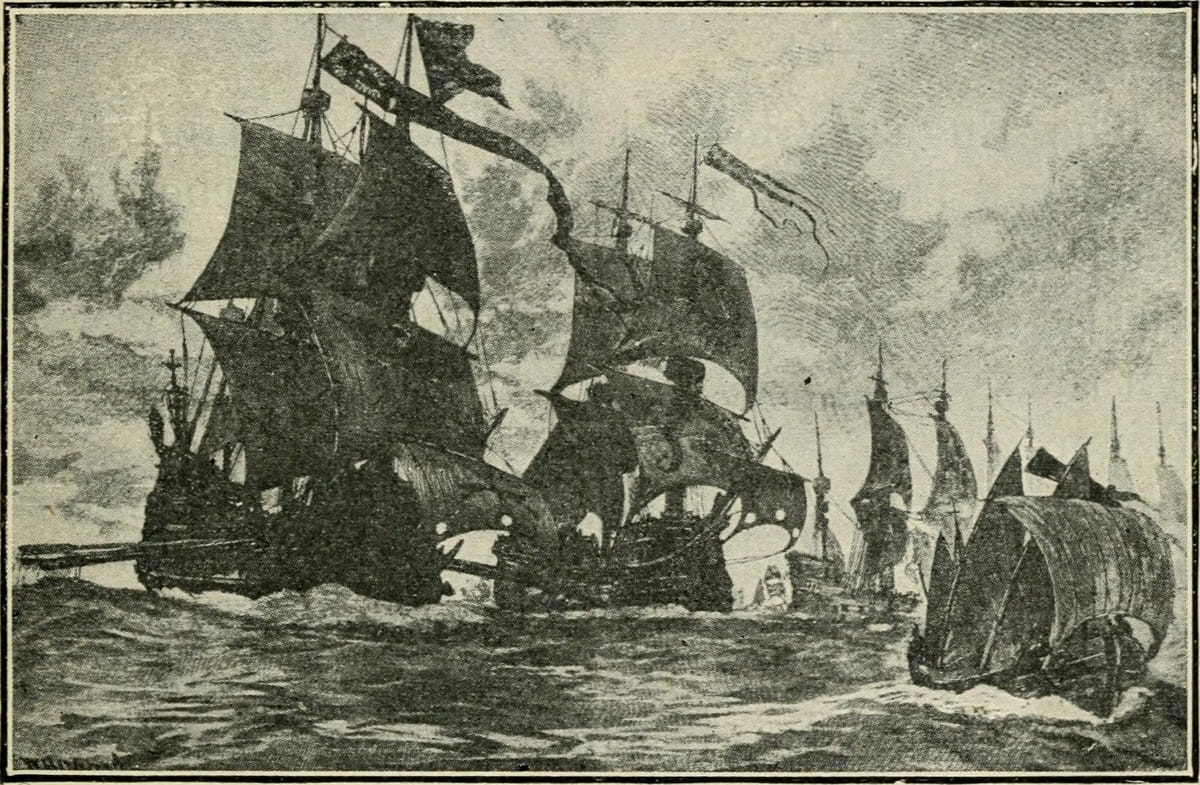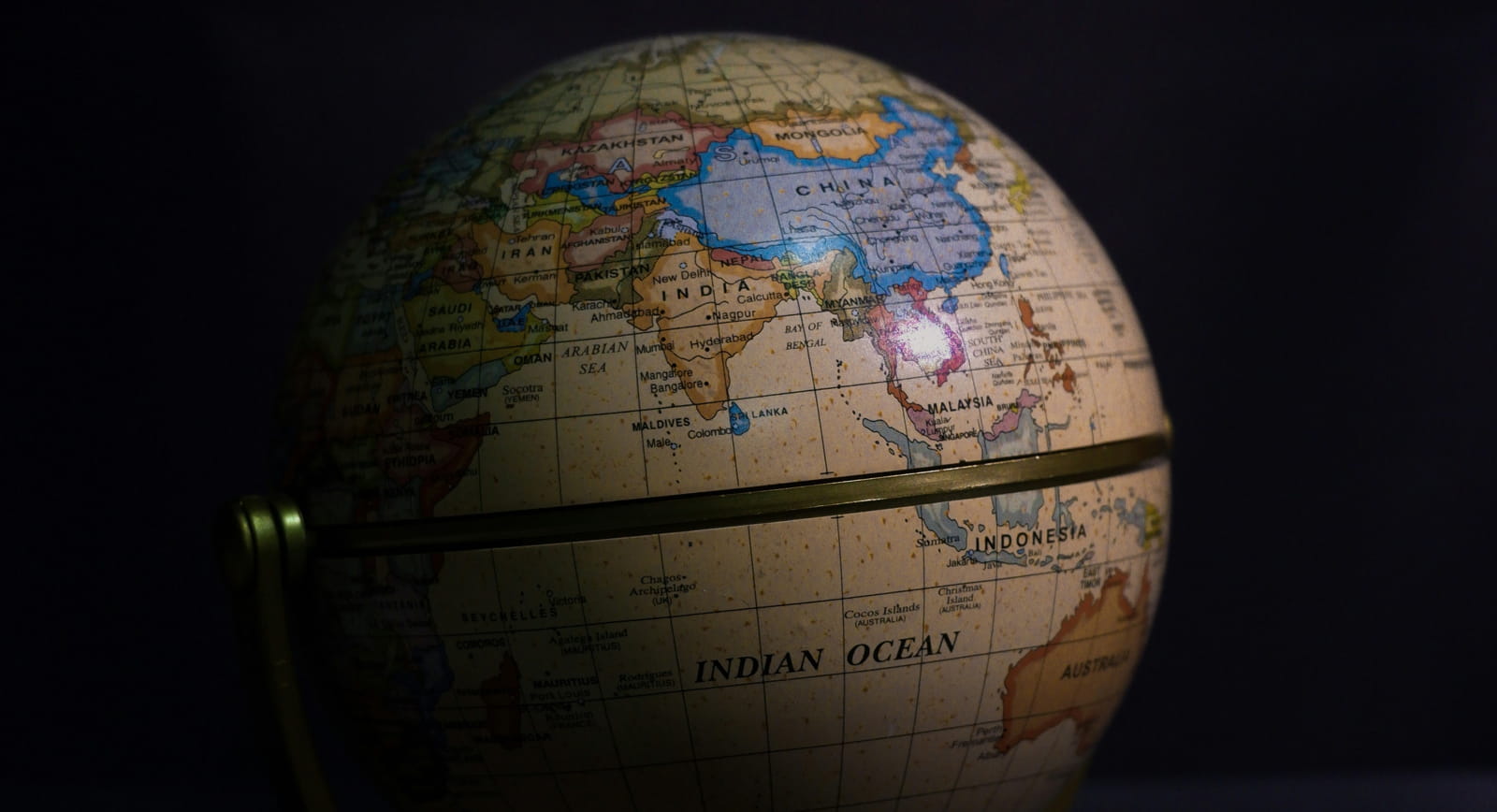In the contemporary international discourse, the term “geopolitics” is everywhere. From the “geopolitics of semiconductors” to the “geopolitics of climate change”, and for issues ranging from the space race and contest for supremacy in Artificial Intelligence to vaccine diplomacy and maritime trade, the word has become shorthand for almost any kind of cross-border tension or global competition.
But this growing ubiquity of the term should give us pause. In stretching “geopolitics” to describe everything, we risk it meaning almost nothing. More importantly, we risk flattening the many different forces that shape international relations.
The term geopolitics is increasingly used too loosely, especially in media and policy commentary. The result is that geopolitics is at risk of becoming an empty signifier. A brief look at the classical tradition of geopolitical thinking reminds us that this concept was once about something much more specific: the strategic value of geography in the pursuit of power.
“Geopolitics” was a term rooted in geographical determinism, and it stood for the idea that location, terrain, and spatial access shape the distribution of power among states. One of the earliest and most influential thinkers was Halford Mackinder, whose 1904 Heartland Theory divided the world into spatial zones of power. Mackinder warned that control of the Heartland, which is a vast expanse stretching from Eastern Europe through Central Asia, would enable a continental power to dominate the globe. In his words, “who rules East Europe commands the Heartland; who rules the Heartland commands the World Island; who rules the World Island commands the World.” This theory reflected Britain’s imperial anxieties and influenced both Nazi and Soviet strategic thought in the 20th century.

The Spanish armada, depicted in Halford Mackinder’s Our own islands: An Elementary Study in Geography (1907, via Internet Archive)
Even before Mackinder, American naval officer Alfred Thayer Mahan emphasised sea power as the decisive factor in global supremacy. He argued that maritime trade routes, naval bases, and control of choke points such as the Suez Canal or the Strait of Malacca were essential for strategic reach. His writings shaped US naval doctrine, justified overseas expansion, and laid the groundwork for America’s later pivot to the Pacific.
In response to Mackinder and Mahan, Nicholas Spykman developed the Rimland Theory on the eve of the Cold War. He argued that the key to global control lay not in the inner core of Eurasia, but along its coastal periphery stretching from Western Europe to the Middle East, South Asia, and East Asia. His maxim, “who controls the Rimland rules Eurasia; who rules Eurasia controls the destinies of the world”, influenced US strategy during and after the Cold War.
Today, however, “geopolitics” is used to describe a far wider array of issues, many of which do not involve geography or military strategy in any direct sense.
How we frame an issue influences how we respond to it … leaders can invoke “geopolitical necessity” to legitimise coercion or intervention, sidestepping ethical and legal scrutiny.
Consider the ongoing US–China semiconductor rivalry, often framed as a case of geopolitical competition. It is certainly a high-stakes contest, but its main tools are export controls, supply chain chokeholds, and technological innovation, not territorial gains. This is best understood as geoeconomics, not classical geopolitics.
Similarly, the “geopolitics of climate change” is a popular phrase in diplomatic circles. But the climate crisis is primarily a challenge of global governance, science, and cooperation, albeit one that may have geopolitical side effects including competition over critical minerals. Labelling the climate emergency as a geopolitical issue risks turning a universal concern into a zero-sum rivalry.
Even during the Covid-19 pandemic, the term “vaccine geopolitics” was used to describe countries offering vaccines to gain diplomatic favour. While countries undoubtedly used vaccine distribution to build influence, this was more a matter of soft power and humanitarian leverage than classical geopolitics. The same applies to technological competitions.
The “geopolitics of AI” is the latest manifestation. While the rivalry, especially between the United States and China, is undeniably strategic, calling it geopolitical obscures the actual mechanisms at play. AI competition operates through algorithms, cloud infrastructure, data ecosystems, and regulatory standards. It is less about geography and more about who shapes rules, patents, and global norms.
The “geopolitics of space” is another misnomer. Much of the competition in space is technological and commercial. The major rivalries involve launch capabilities, private-sector innovation, and spectrum allocation, not territorial control in the classical sense.
At first glance, all of this might seem like an academic quibble. But in practice, terminological inflation carries real consequences. If everything is called geopolitics, we lose the ability to distinguish between military, economic, and normative forms of power. That weakens both scholarship and policymaking. This matters because how we frame an issue influences how we respond to it. It encourages competition where collaboration is needed most. Leaders can invoke “geopolitical necessity” to legitimise coercion or intervention, sidestepping ethical and legal scrutiny.
Of course, geopolitics still matters deeply. We see its classical logic at work in Russia’s invasion of Ukraine, where territorial control, buffer zones, and regional dominance are front and centre. Or, for instance, in China’s maritime assertiveness in the South and East China Seas, where strategic sea lanes and island chains remain core concerns. The United States has long treated the Middle East as a geopolitical theatre, given its energy reserves, strategic waterways, and alliance systems.
In such cases, the original meaning of geopolitics – i.e. power shaped by geography – remains indispensable. The challenge, then, is not to stop using the word. It is to use it more precisely. The insights of Mackinder, Mahan, and Spykman that geopolitics is about how geography constrains and enables power remain valuable, but only if we apply them where they truly fit: in conflicts shaped by space, access, and control. That means asking: Is geography the key driver here? Is territorial control or spatial strategy involved? Or are other factors, such as economic leverage, technological standards, and normative agendas, doing the heavy lifting?
Only when we answer those questions honestly can we do justice to the richness of global affairs today, without sacrificing the conceptual discipline that makes international analysis meaningful.
